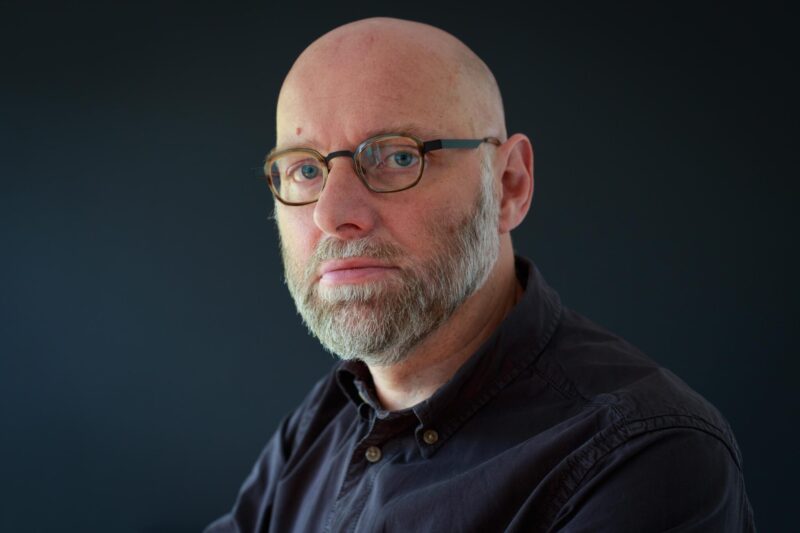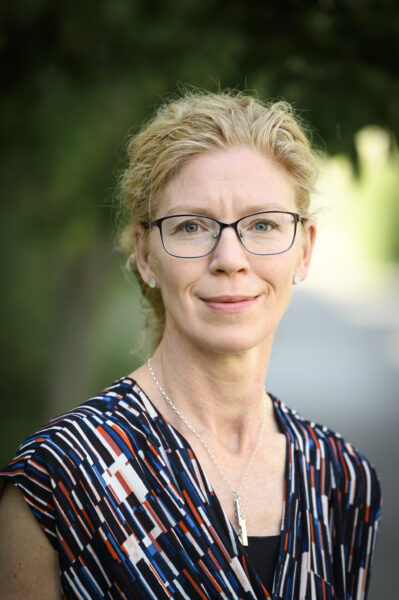WASP4ALL 2024
– An open discussion on human-centered technologies in the era of AI and autonomy
How do we conduct state-of-the-art technical research in a fast-moving area while respecting regulations, considering ethics, and cherishing human values?
The conference will adress themes in areas such as:
- Regulate first? – AI Act in view of the rapidly evolving technical landscape
- A practical approach to ethical approvals in technology research
- Human-centered approach in technical research
The conference is organized by WASP in collaboration with WASP-HS.
Most Welcome!
Date and Time
May 23rd, 10:00-16:30
Registration opens at 09:00. Coffee and sandwiches will be served in the morning. The program officially starts at 10:00.
Venue
Vinterträdgården is situated in Grand Hôtel, Stockholm. The venue is reached by a separate entrance at Stallgatan 6.
Please be reminded that you are responsible for arranging your own accommodation and travel.
Target Audience
The conference is targeting researchers and research leaders from academia and industry with or without prior connection to WASP.
Registration
Last day to register is April 29.
Upon registration you will receive a confirmation by email. If you shouldn’t receive a confirmation, please contact us to make sure that you are registered. We can not guarantee participation without a valid registration.
Program
Please note, times are preliminary and may change.
09:00-10:00 Registration
Coffee and sandwiches are served.
10:00 Conference Opening
- Pontus de Laval, Chair of the WASP Board
- Sara Mazur, Executive Director, Knut and Alice Wallenberg Foundation
- Anders Ynnerman, WASP Program Director
10:20-13:00 – Part I
Chair: Francis Lee, Associate Professor, Chalmers University of Technology
Bio: https://francislee.org/bio.html
Dialogue: What is cooking in the EU kitchen?
Danica Kragic, Professor, KTH Royal Institute of Technology
Fredrik Heintz, Professor, Linköping University
Keynote: Highlights of the AI Act – for better or worse
Sandra Friberg, Associate Professor, Uppsala University
Keynote: Operationalising AI Governance – a hands-on approach to ethical AI
Giovanni Leoni, Head of Business Strategy & Development, Credo AI
Panel discussion: A Swedish approach to AI – ethics, moral, regulation
-
- Sara Mazur, Executive Director, Knut and Alice Wallenberg Foundation
- Sandra Friberg, Associate Professor, Uppsala University
- Giovanni Leoni, Head of Business Strategy & Development, Credo AI
- Per Runeson, Professor, Lund University
13:00-13:45 Lunch
Vegan lunch will be served.
13:45-16:00 – Part II
Chair: Danica Kragic, Professor, KTH Royal Institute of Technology
Keynote: Neurosymbolic Learning for Trustworthy AI
Luc de Raedt, Wallenberg Chair Guest Professor, Örebro University and KU Leuven
Project presentations
-
- AI (still needs) humans in the loop
Iolanda Leite, Associate Professor, KTH Royal Institute of Technology - Beyond user requirements in human drone interaction research
Sara Ljungblad, Associate Professor, University of Gothenburg and Chalmers University of Technology - Synthetic data for AI – still human-centered?
Irina Shklovski, Guest professor, Linköping University and University of Copenhagen
- AI (still needs) humans in the loop
Panel discussion: Human centered AI – challenges and opportunities
-
- Luc de Raedt, Wallenberg Chair Guest Professor, Örebro University and KU Leuven
- Iolanda Leite, Associate Professor, KTH Royal Institute of Technology
- Sara Ljungblad, Associate Professor, University of Gothenburg and Chalmers University of Technology
- Irina Shklovski,Guest professor, Linköping University and University of Copenhagen
- Kenneth Bodin, CEO, Algoryx and Visiting Researcher, Department of Computing Science, Umeå University
16:00-17:00 Mingle with Swedish fika
Keynote Speakers
Operationalising AI Governance – a hands-on approach to ethical AI
ABSTRACT
AI Governance is becoming the natural next step in organizations’ AI maturity journey, beyond the benefits of efficiency, productivity and new products and services. AI Governance is here to create the preconditions for compliant and ethical AI systems. In the end, AI Governance is all about better business, where informed accountability, standardization in governing AI, ethical alignment with stakeholders and efficient steering of AI will enable digital trust in the use of AI.
BIO
Giovanni Leoni is the Head of Business Strategy & Development at Credo AI. Up until recently he was Global Head of Algorithm and AI Ethics at Inter IKEA Group, responsible for developing, implementing, and leading the operationalization of responsible analytics across the Inter IKEA Group. He is an active contributor to the global AI ethics community, engaging in legislative industry consultations and various forums and bodies, among them being on the Board of Advisors for Ethical Artificial Intelligence Governance Group, Board Member for Transparency International Sweden, Nordic Ethical AI Expert Group member for Nordic Innovation and also a Member of the Responsible Applications & Transformation Working Group at the World Economic Forum.

Neurosymbolic Learning for Trustworthy AI
ABSTRACT
The abilities to learn and to reason are central to (artificial) intelligence. The focus in AI today is very much on learning, but one should not learn what one already knows. The challenge therefore is to use the available knowledge to guide and constrain the learning, and to reason with the resulting models in a trustworthy manner. This requires the integration of different paradigms for AI, which is the focus of neurosymbolic AI, often viewed as the next wave in AI.
The talk will contrast traditional AI techniques (such as search and rule-based AI) with those of deep learning and large language models. I will argue that we need to combine the best of both worlds to arrive at trustworthy AI, especially AI that exploits knowledge, provides genuine explanations and strong guarantees with regards to safety and robustness.

Photo: Magnus Aronsson
Highlights of the AI Act – for better or worse
ABSTRACT
In this keynote, I will present a few highlights of the AI Act that now has been finally decided by the European Parliament. It has been a long and winding legislative road, and a few bits and pieces remain before the law will enter into force and become applicable. The Act is extensive, detailed and there are plenty of provisions that will need to be interpreted and analysed. My keynote will focus on a few central areas, such as terminology and classifications, prohibitions, innovation support measures and monitoring and sanctions, but will also present a contextual overview of other legislative measures from the EU, closely connected to the AI Act.
Contact
If you would have any questions, please don’t hesitate to contact us at: wasp.event@partner.liu.se



